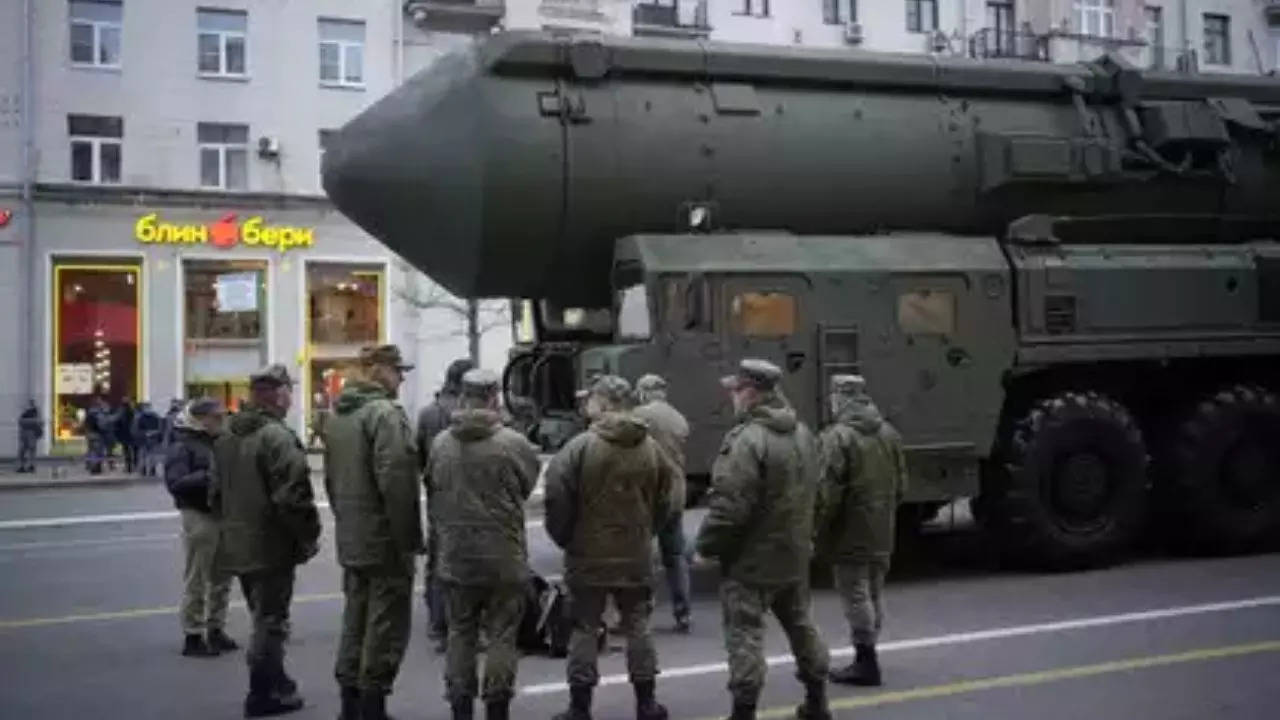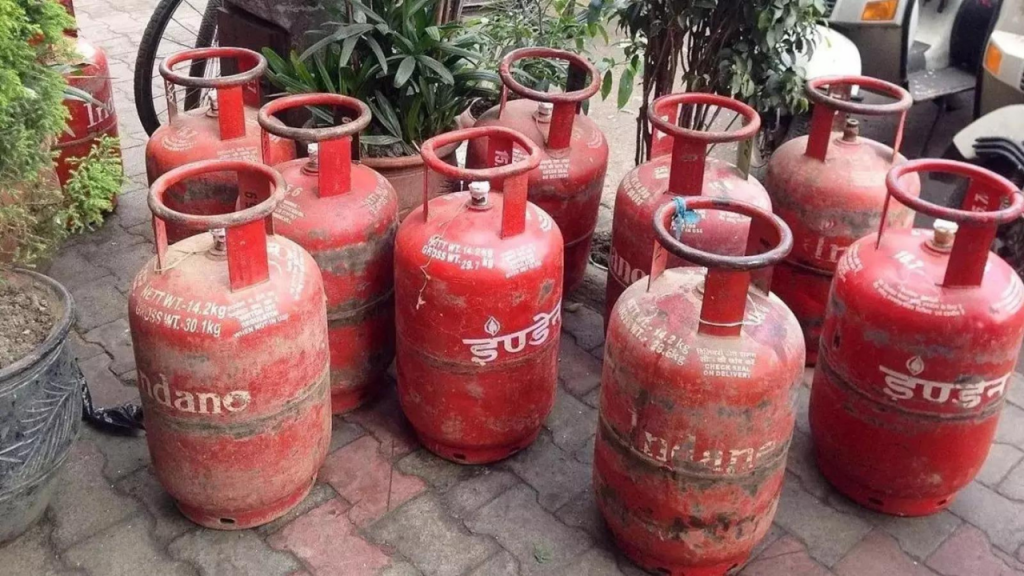After the collapse of the Soviet Union, Ukraine found itself in possession of a substantial nuclear arsenal. However, due to financial constraints and geopolitical concerns, Ukraine made the decision to give up these nuclear weapons. The Budapest Memorandum of 1994 provided Ukraine with security assurances, but these promises were called into question when Russia annexed Crimea and backed separatist movements in Ukraine. The current conflict between Russia and Ukraine serves as a stark reminder of Ukraine’s vulnerability in the absence of a nuclear deterrent. The fallout from these events underscores the complex interplay of international relations and the importance of security guarantees for nations like Ukraine. With ongoing tensions in the region, the issue of nuclear disarmament and its consequences takes on renewed significance. The situation in Ukraine serves as a cautionary tale for other countries considering similar actions. In the ever-evolving landscape of global politics, the lessons learned from Ukraine’s experience are invaluable. It highlights the delicate balance of power and the challenges faced by nations navigating complex security dynamics. As Ukraine continues to grapple with the fallout from its nuclear disarmament, the world watches closely, mindful of the implications for regional and international stability.

Posted in
JUST IN
Ukraine’s Nuclear Disarmament and Security Vulnerabilities Exposed Amid Russia-Ukraine Conflict: A Retrospective Analysis
In Trend

“India’s COVID-19 vaccine exports set to resume after a pause due to domestic demand surge”





















